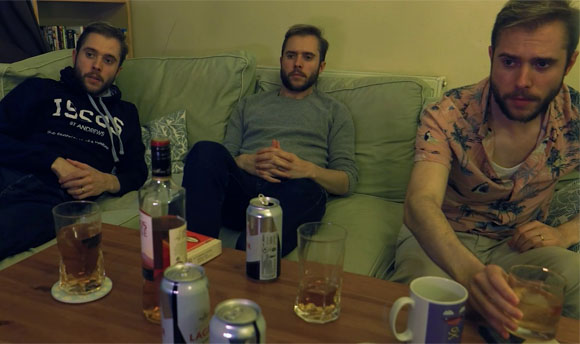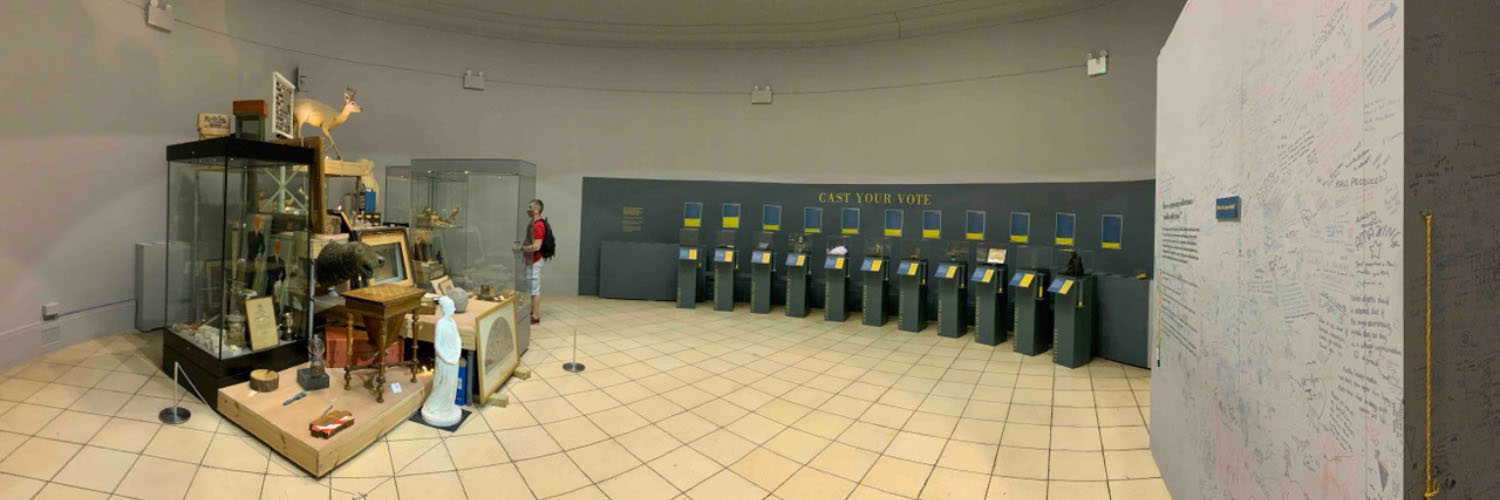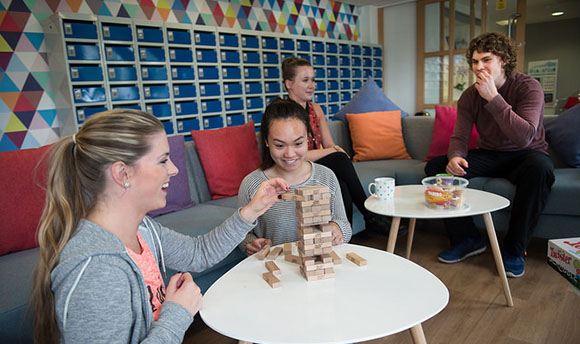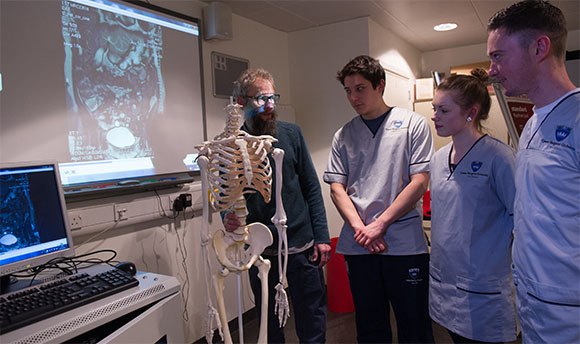Recently, I’ve been doing a lot of pottery: I’m terrible at it.
I’ve never been a maker: indeed, most of my previous artistic and research works have been in rejection of objects, and instead grounded in ‘performative’ acts like Walking to Venice, or proposing to destroy a priceless museum pieces. In other words, I usually do things that don’t result in an actual ‘art objects’ but are more of an idea. Indeed, I think I once melodramatically wrote: “I don’t make artistic objects as I am afraid of the permanence such objects engender.” My research has therefore examined the ephemeral and the intangible arts like performance or - predominately - socially engaged art.
Whilst such socially engaged art has a multitude of definitions, it is an art practice that has grown in significance since the early 2000s, and now has dedicated culture organisations such as Creative Time or Creative Works or Take A Part. The practice has been used by governmental policies to address things like Placemaking, or Health, or a myriad of other issues, and I’ve explored the problematics of this in my PhD and beyond.
But despite being such a recognised artistic process, Socially Engaged Art generally does not focus on making art objects. Instead, such a participatory practice hones in on the interactions of communities, or tries to bring individuals together. In Artificial Hells: Participatory Art and the Politics of Spectatorship, Claire Bishop suggests in these art objects are important as they are: “the necessary link between the artist and a secondary audience” (Bishop 2012). In other words, the art object within such participatory artwork is often considered very important as a link between the artist, the people and broader society…but, despite this, I’ve never really spent much time reflecting on the role of the “art object” in my research.
This has not been why I have been going to pottery classes. I have been going to pottery classes because I realised - as an academic that used to be an artist - I haven’t been doing much art lately. I’ve had my head down in teaching, administration and more traditional research: writing reports and papers and it’s a bit exhausting. So, I thought I’d give myself the treat of doing something creative: evening pottery classes. I thought it would give me a wee break from being a ‘researcher’ about socially engage art practice and focus on ‘art’.
However: as I have been trying to make pots, I am becoming deeply socially connected: I have met young rock climbers; I realised I have suddenly five more neighbours; I saw a couple of people realising they grew up in the same town; and had long conversations with a local photographer. In short, whilst doing pottery, there was a world of socially engagement happening!
As I was walking home from pottery classes last week, thinking on the irony of me making objects - my wonky pots and mugs - and how that might open up a whole new aspect of socially engaged practice research for me, I was suddenly struck by a thought about when we as academics are - or are not - researchers. Am I an academic because I physically go into a university and sit at a desk? Am I researcher because I read journals? Or can I get my insights elsewhere? When does these identities of me start and stop? What are the boundaries and edges of ‘me’ as an artist and ‘me’ as an academic and ‘me’ as the guy who likes to wear different coloured socks?
There’s sometimes the central core question Creative Practice researchers need to wrestle with (via the Creative Practice Research Group). Ours is research that happens in less delineated ways: it doesn’t happen in a lab, or through specific questionnaires, or other traditional research methods. Instead, it is deeply grounded in who we are as people, in our everyday creative lives. Indeed, this means that valid and important research can begin at evening pottery classes! Our identities as creative practice researchers are much more fluid and less rigidly defined to ‘academic’ or ‘artist’ or ‘researcher.’ This is both complicated, but also incredibly rewarding: everything becomes an opportunity to learn about the world!








